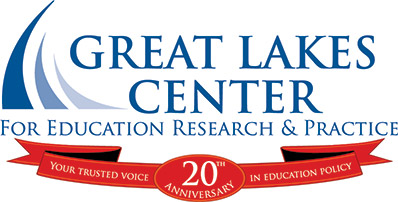
 |
October 27, 2020 |
|
Contacts: Is It Time to Rethink "Innovation Schools"?A NEPC Policy Brief Funded By the GLC Key Takeaway: Policy brief explores how autonomy-based reforms might more effectively address systemic inequity in schools. EAST LANSING, Mich. (October 27, 2020) - School districts around the country have launched new reform strategies that are designed to expand autonomy for public schools. Often called "Innovation Schools," these state- and local-level plans create more autonomous schools, granting school leaders greater amounts of authority over school operations such as curriculum, budgeting, and hiring, while districts continue to manage services related to teacher payroll and benefits. Compared to traditional district schools, these autonomous schools operate in ways similar to charter schools that function outside district systems. Important differences exist, however, because autonomous schools are organized within districts, an arrangement that can ideally improve educational quality via autonomy without abandoning structures for democratic participation. Yet this type of autonomy-based school improvement plan still has limitations, as it shifts a host of responsibilities (and often blame) for the education of children from districts to individual schools and school leaders. Using an equity framework informed by critical theories of race and education policy and the role of districts as institutional actors in advancing achievement and equity in public education, the brief highlights examples of state and district initiatives that rely on school-level autonomy as a primary improvement strategy, focusing on in-district models. The authors summarize the various designs of in-district autonomous schools in different states and districts, their impact on student performance and equity compared to each other and compared to non-district and traditional models, and the challenges they face in light of widening racial inequality and the need for community input and support. This policy brief was made possible in part by the support of the Great Lakes Center for Education Research and Practice (greatlakescenter.org). The National Education Policy Center (NEPC), a university research center housed at the University of Colorado Boulder School of Education, produces and disseminates high-quality, peer-reviewed research to inform education policy discussions. Visit us at: http://nepc.colorado.edu About The Great Lakes Center - ### - |
|